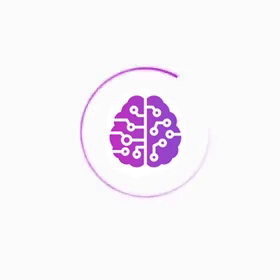
Privacy at the Edge: Why Does It Matter?
In 2025, user data protection reached a new level — in response to high-profile leaks and scandals, major tech companies and communities have introduced several free open source privacy tools. According to Wired, ZDNet, and SecurityWeek, their main goal is to make security accessible to everyone, especially in the era of explosive growth in generative AI.
Key Solutions: What’s New?
Among the most notable tools are libraries for local data encryption before cloud upload, algorithms for automatic removal of personal data from texts, and systems for access control to training datasets. Some projects allow you to track how AI processes and stores user data, down to a full audit of operations.
How It Works in Practice
Real-world cases show that integrating such tools into business applications reduces the risks of leaks and fines for non-compliance with GDPR and other standards. For example, healthtech startups use open source frameworks to automate medical data anonymization without losing analytical quality, while large fintech companies implement scripts to erase clients’ “digital footprints” in training datasets.
The Role of the Community: Fast Updates and Transparency
Open source solutions have an important advantage — open code that can be checked for vulnerabilities and customized for your own needs. Communities respond quickly to new threats, releasing patches and updates faster than commercial vendors. The pool of extensions for various AI frameworks — from PyTorch to TensorFlow — is growing rapidly.
Experts: Time to Build AI with Human-Centered Privacy
Experts agree that new tools are just the beginning. In the future, privacy will become an integral part of AI solutions, and open source projects will help set standards and make technologies safer for all users.
Prospects: The Next Step for the Industry
Companies are already discussing the integration of the best solutions into industry standards, and new open source libraries are becoming must-haves for startups, fintech, medicine, and education services. The fight for privacy is reaching a new level — and for the first time, users have a real choice.
